

Tuesday, March 10, 2020, is a day forever etched in the annals of history as Jamaica became one of the first Caribbean countries to confirm a case of the fast-spreading novel coronavirus (COVID-19).
Nearly 11 months, 19,773 cases and 378 deaths later, the island has seemingly learned nothing since our officials deliberate (we hope?) what to do in the face of a new outbreak sweeping the country.
Or that’s the impression being demonstrated by Prime Minister Andrew Holness.
Last week Tuesday, when the island’s positivity rate, compared to the sample size of testing, was at 20 per cent, Holness argued that his government decided to strike a delicate balancing act between keeping the economy afloat and managing the pandemic.
Exactly a week later, with a staggering record of 468 new cases and a 31 per cent positivity rate, the statistics, laid bare, show that the situation has not only failed to improve—but worsens by the minute.
Now, while the government is yet to confirm that the Kent variant of the coronavirus from the UK has made it to our shores, the numbers are suggesting something is happening as the virus spreads like wildfire.
The Holness administration needs to be realistic and come clean with the people of Jamaica…

We can deflect and deny all we want but the numbers never lie: Jamaica, with 6,513 active cases TODAY, is back at the peak of another wave and the government is duty-bound to protect as many lives as possible.
Don’t take my word for it, this is also reflected in analysis by Reuters. For more, click here.
In retrospect, the management of COVID-19 hasn’t been terrible. To deal with a pandemic amid a spike in crime and the buffeting of the exchange rate for the last 11 months is no simple task.
As we approach the first anniversary of our fight against the coronavirus, Jamaica’s current situation has very little to imbue one with confidence.
Even at our worst stage, the cases were never as high as they are today, so are we really comfortable with approaching this disease with the same energy?
You see the numbers surging and people like myself get filled with a deep dread.
What are we doing? Is this really okay?
Last year, we confirmed 30 cases and went into full lockdown. A workplace cluster sparked panic and the parish of St Catherine was shut down. Today, we’re confirming over FOUR HUNDRED in a single day and it’s like we barely bat an eye.
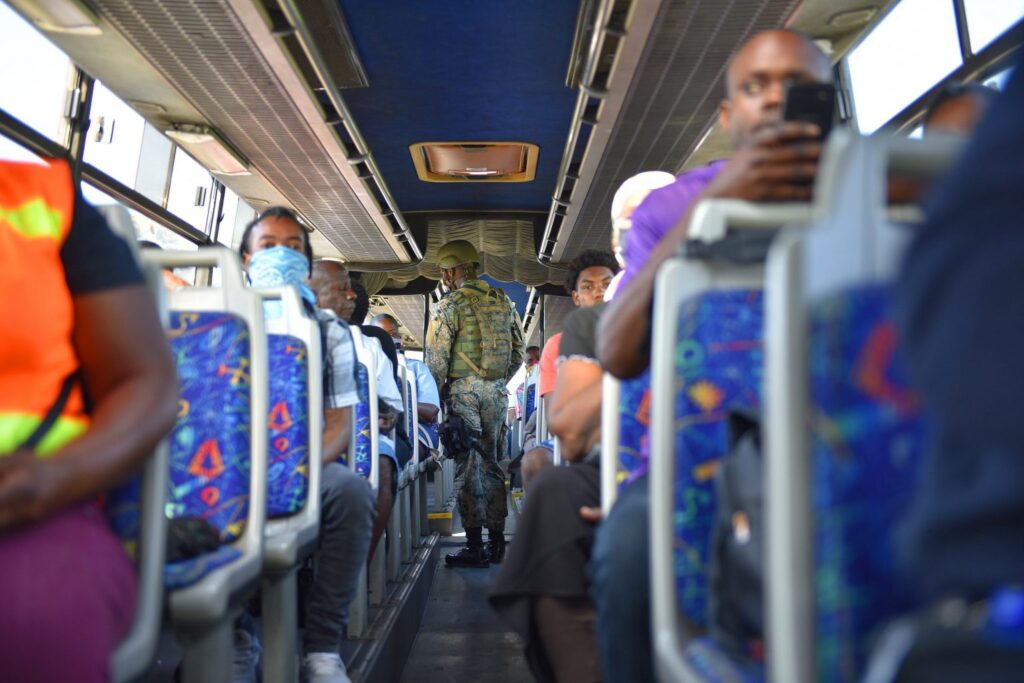
What will it take for the people so elected to govern, to do so?
For the love of common sense and the safety of the over 2.9 million people living here, why does it always seem the majority of Jamaicans aren’t considered in these high-stakes decisions?
There is still a sizeable chunk of the population that is designated as vulnerable, including the elderly, those immunocompromised and others who live with comorbidities.
Are we comfortable with thousands of people dying or being left to die as hospitals start to choose survivors? Have we not already seen the deadly effects of this disease faced by other countries?
What am I missing here?
And please, could we do away with the convenient mantra of “personal responsibility”?

It is an easy cop-out, borderline insulting stance as you are fully aware of the fundamental selfishness of people.
I must say, from my cubicle, it’s easy to criticise and I understand that Mr Holness has several tough decisions to make. Either way, he may feel stuck between a rock and a hard place.
In the same frustrated breath, the situation has now changed and requires action, NOW.
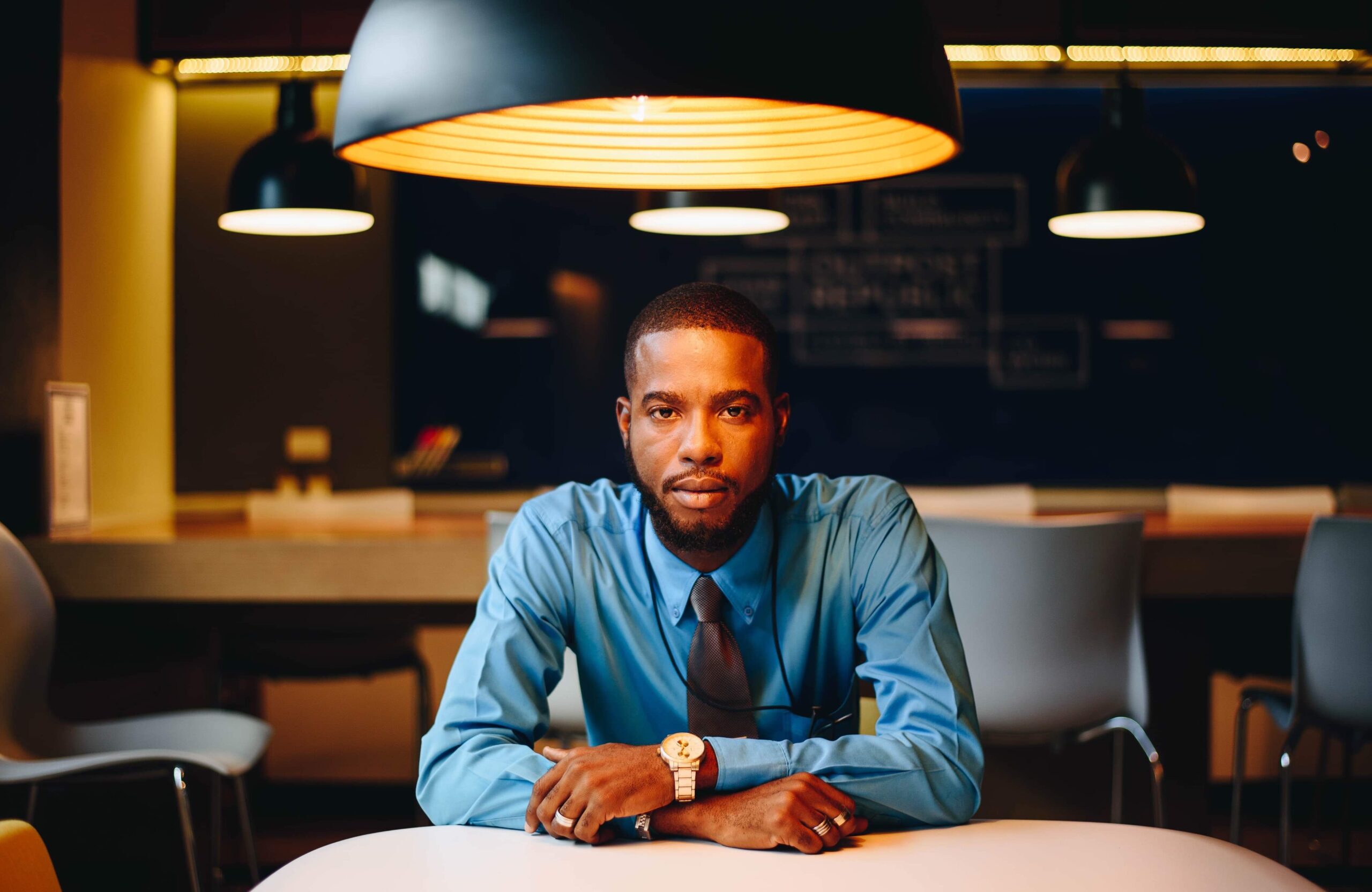
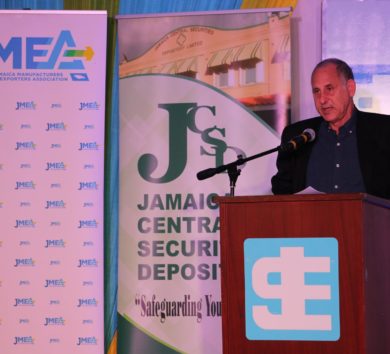
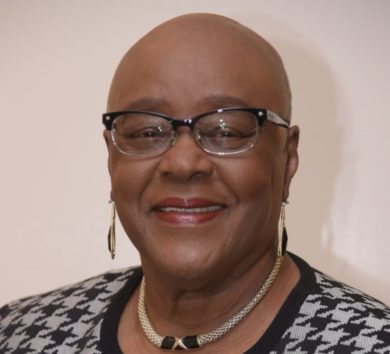

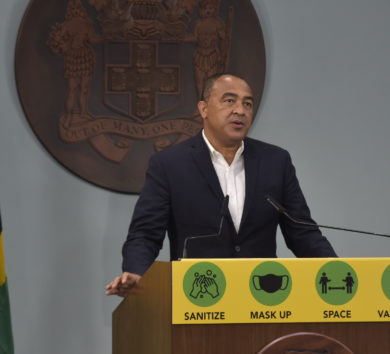
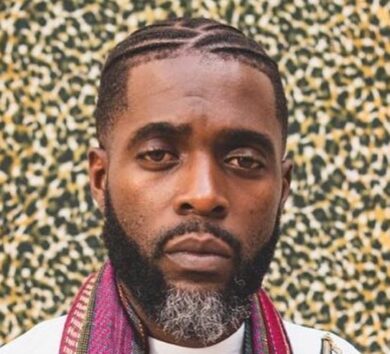
Comments